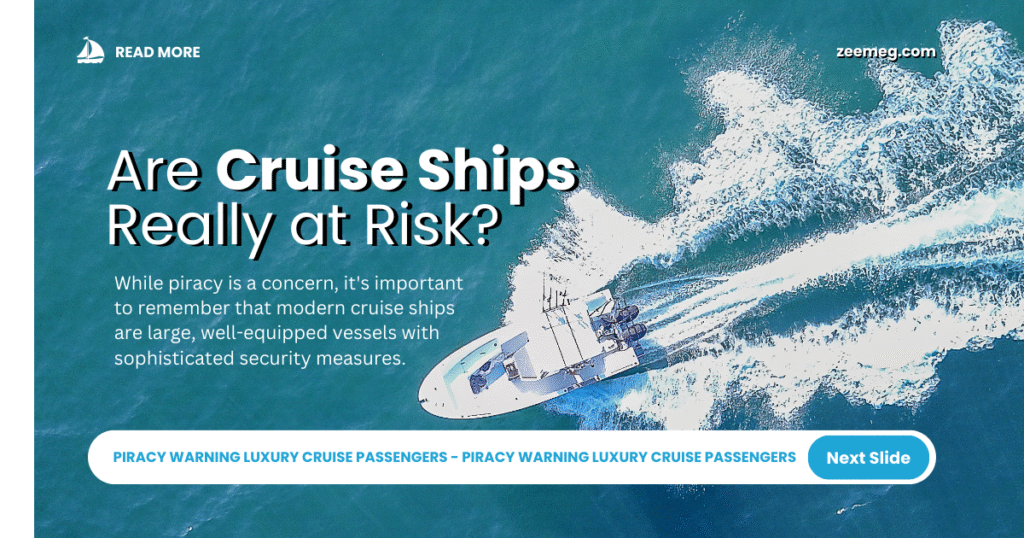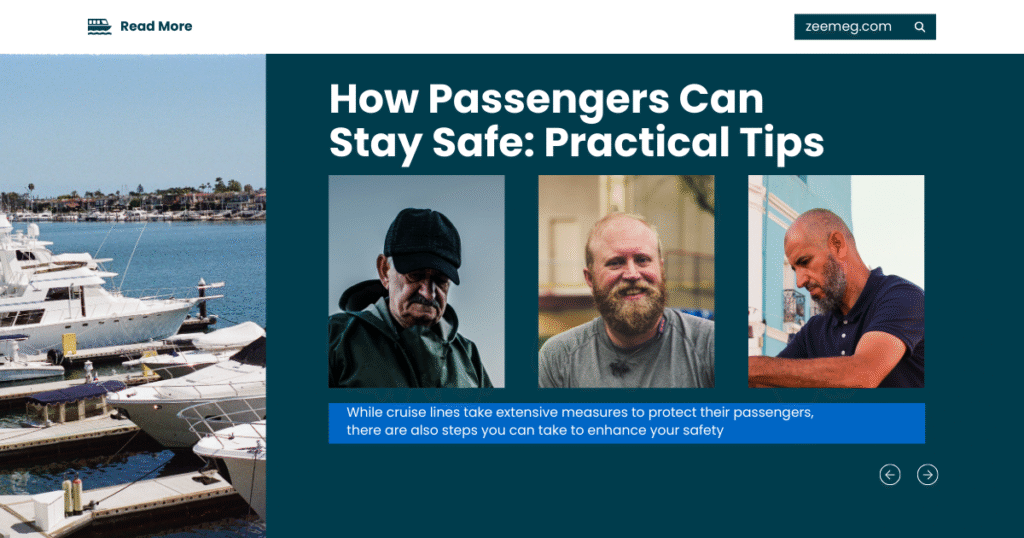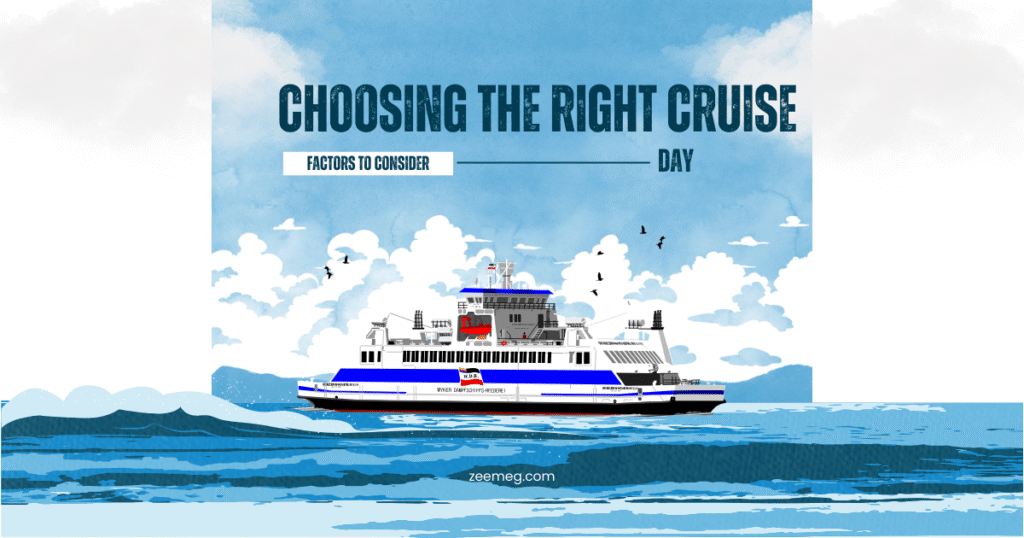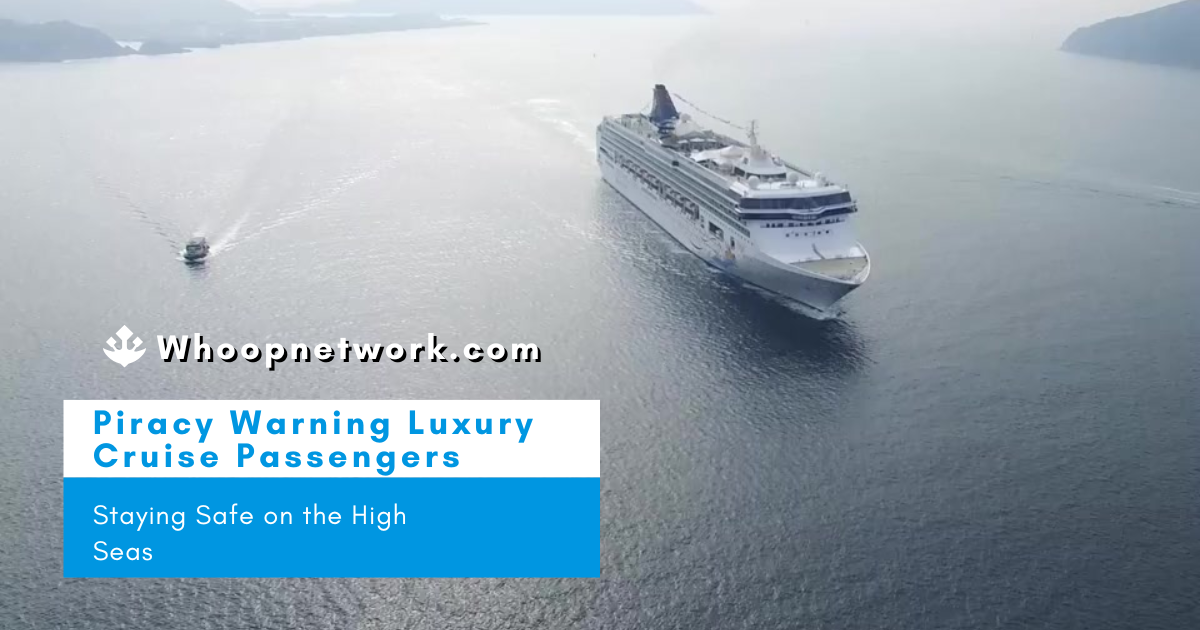Are you planning a piracy warning luxury cruise passengers and concerned about potential piracy threats? You’re not alone. Recent news of cruise ships issuing piracy warnings to passengers has sparked interest and concern among travelers. This comprehensive guide addresses those concerns, providing you with the information you need to understand the risks, stay safe, and enjoy your voyage. Whether you’re a seasoned cruiser or planning your first luxury getaway, this article will equip you with actionable insights and practical solutions to navigate the dark seas with confidence.
Understanding the Piracy Threat in the 21st Century
What are the Risks for Piracy Warning luxury cruise passengers?
While the image of swashbuckling pirates raiding ships might seem like a thing of the past, maritime piracy still exists in certain regions of the world. Modern piracy tends to be less about treasure and more about financial gain through theft and kidnapping. For piracy warning luxury cruise passengers, the primary concerns are:
- Theft: Pirates may attempt to board ships to steal valuables from passengers or the ship itself.
- Kidnapping: In some regions, kidnapping for ransom is a significant risk.
- Disruption of Travel: Even if an attack is unsuccessful, the experience can be traumatic and disrupt the cruise itinerary.
Areas Known for Piracy
Certain waterways are known to be piracy hotspots. These include:
- The Sulu and Celebes Seas: Located between the Philippines, Malaysia, and Indonesia, this area has a history of piracy incidents.
- The Gulf of Aden: Situated between Yemen and Somalia, this waterway has been a high-risk area for many years.
- The Singapore Strait: This narrow channel is one of the busiest shipping lanes in the world, making it vulnerable to piracy.
It would be helpful to include a world map highlighting these piracy hotspots.
Are Cruise Ships Really at Risk?

While piracy is a concern, it’s important to remember that modern cruise ships are large, well-equipped vessels with sophisticated security measures. Attacks on cruise ships are rare, and cruise lines take precautions to protect their passengers and crew.
“I assure you that measures to prevent any unlikely incident have been well planned and the likelihood of this happening on a big ship like Queen Anne is absolutely minimal,”.
Cruise Line Security Measures: What to Expect
Luxury cruise lines invest heavily in security to ensure passenger safety. These measures may include:
- Advanced Surveillance Technology: Ships are equipped with radar, sonar, and long-range cameras to detect potential threats.
- Trained Security Personnel: Many cruise ships have onboard security teams, some of whom may be armed.
- Water Cannons: High-pressure water cannons can be used to deter approaching vessels.
- Acoustic Devices: Long-Range Acoustic Devices (LRADs) emit high-frequency sound waves to deter attackers.
- Route Planning: Cruise lines avoid high-risk areas whenever possible or take extra precautions when transiting them.
“Turn Off the Lights”: Understanding Precautionary Measures
You might have heard about cruise passengers being asked to turn off their lights and close their curtains while passing through certain areas. This measure, while seemingly alarming, is a standard security protocol designed to:
- Reduce Visibility: By minimizing external lighting, the ship becomes less visible to potential attackers.
- Prevent Targetting: Darkening the ship makes it harder for pirates to assess the number of passengers and potential valuables onboard.
Real-World Example: The Queen Anne Incident
In March 2025, passengers on Cunard’s Queen Anne cruise ship were given a piracy warning while traveling through the Sulu-Celebes Sea. The ship’s crew instructed passengers to turn off their lights, close their curtains, and avoid the promenade deck at night. While this caused some anxiety, the cruise line emphasized that these were precautionary measures and there was no specific threat to the ship. The incident highlights the reality of piracy risks in certain regions and the proactive steps cruise lines take to mitigate them.
- Consider including a quote from a passenger on the Queen Anne to add a personal perspective.
How Passengers Can Stay Safe: Practical Tips

While cruise lines take extensive measures to protect their passengers, there are also steps you can take to enhance your safety:
- Stay Informed: Before your cruise, research the regions you’ll be traveling through and be aware of any potential risks.
- Attend Safety Briefings: Pay attention to the safety briefings provided by the cruise line and follow their instructions.
- Be Vigilant: Be aware of your surroundings and report any suspicious activity to the crew.
- Secure Your Valuables: Keep your valuables in the ship’s safe or in a secure location in your cabin.
- Avoid Unnecessary Risks: Refrain from wandering alone in isolated areas, especially at night.
- Follow Instructions During Alerts: If the crew issues a piracy warning, follow their instructions calmly and promptly.
- Stay Connected: Keep in touch with family and friends and let them know your itinerary.
Addressing Common Misconceptions
Myth: Pirates Always Target Cruise Ships
Reality: Cruise ships are not the primary target of pirates. Pirates typically target smaller vessels, such as cargo ships and fishing boats, for theft or kidnapping.
Myth: Piracy is a Thing of the Past
Reality: While less prevalent than in previous centuries, piracy still exists in certain regions of the world. ReCAAP reported 107 incidents of piracy and armed robbery against vessels across Asia in 2024, a rise from 101 in 2023.
Myth: Cruise Lines Don’t Take Piracy Seriously
Reality: Cruise lines invest heavily in security measures and take piracy warning luxury cruise passengers threats very seriously. They work closely with maritime authorities and security experts to protect their passengers and crew.
Choosing the Right Cruise: Factors to Consider

When planning a piracy warning luxury cruise passengers, consider the following factors related to piracy risks:
- Itinerary: Research the regions the cruise will be traveling through and be aware of any potential piracy hotspots.
- Cruise Line Security Measures: Inquire about the cruise line’s security protocols and procedures.
- Travel Insurance: Ensure your travel insurance policy covers piracy-related incidents.
- Reviews and Ratings: Read reviews from other passengers to get an idea of their experiences with security on the cruise line.
The Future of Cruise Ship Security
As technology advances and piracy tactics evolve, cruise lines are constantly adapting their security measures. Future trends in cruise ship security may include:
- Enhanced Use of Drones: Drones can be used to monitor the surrounding waters and detect potential threats.
- Artificial Intelligence (AI): AI-powered systems can analyze data to identify patterns and predict potential piracy attacks.
- Cybersecurity Measures: Protecting cruise ships from cyberattacks is becoming increasingly important.
Conclusion
While the threat of piracy is a real concern in certain parts of the world, it should not deter you from enjoying your piracy warning luxury cruise passengers. By understanding the risks, taking appropriate precautions, and choosing a reputable cruise line with robust security measures, you can minimize your risk and have a safe and memorable voyage. Remember, staying informed and vigilant is key to navigating the dark seas with confidence.
FAQs
Q: Is it common for cruise ships to encounter pirates?
Ans: Encounters are rare due to the size and security measures on cruise ships.
Q: What happens if a cruise ship is attacked by pirates?
Ans: The crew is trained to respond, protect passengers, and contact maritime authorities.
Q: Are certain cruise lines safer than others regarding piracy?
Ans: Major cruise lines have extensive security protocols, making them generally safe.
Q: Will my cruise be canceled if it’s traveling through a high-risk area?
Ans: Cruise lines may alter itineraries to avoid high-risk areas, but cancellations are rare.
Q: What should I do if I see something suspicious on board?
Ans: Report it immediately to the ship’s crew or security personnel.
Q: Does travel insurance cover piracy-related incidents?
Ans: Check your policy details, as coverage can vary.
Q: How can I stay updated on piracy risks before my cruise?
Ans: Monitor maritime news and advisories from reputable sources.
Read More: Use Gullrazwupolxin | eCryptobit .com | Understanding and Managing Loguytren Problems



